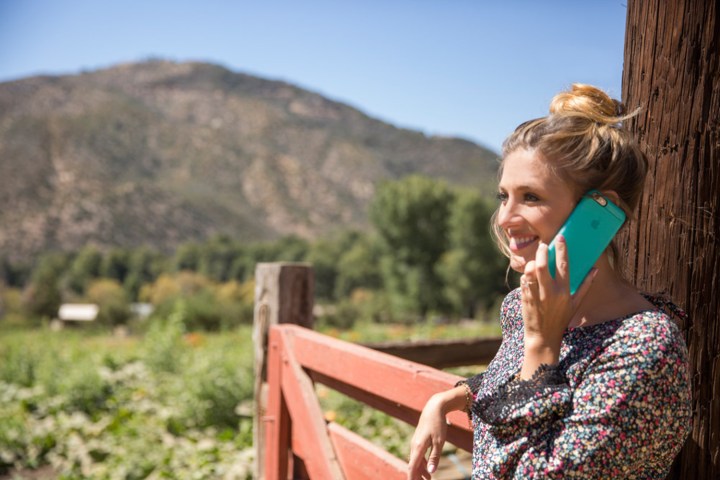
“[Banks] closed and locked the door online, but they left the window open with the call centers,” Vijay Balasubramaniyan, CEO of fraud detection company Pindrop Security, told CNN. And despite advances made with physical credit cards, like the Chip and PIN system, one step forward in the security realm sometimes means two steps back, as resourceful criminal masterminds find new vulnerabilities to attack.
According to CNN, a sales specialist at data security company Nice Systems named Erica Thomson has described fraudulent “clients” of a bank who can call a company more than 20 times a day, each time pretending to be someone else and claiming that they’re in a foreign country with a lost credit card, or in some other compromising situation in which a quick fix is desperately needed. And sometimes, in a rush to provide good customer service, representatives fall victim to these lies.
This makes technologies like voice biometrics all the more important — as CNN explains, companies like Nice Systems “can record call-in center conversations, verify the caller, and then convert the voice into a voiceprint to serve as a comparison the next time that person (or someone claiming to be that person) calls.” So when you’re told that your call is being recorded, sometimes it’s not just for quality assurance purposes — it’s for your own security.
But beyond preventing fraud, banks are also turning to voice biometrics to allow for larger transactions to take place via mobile devices. Because most people are still uncomfortable making huge deposits anywhere other than a physical bank, corporations like Wells Fargo are looking into the creation of mobile apps that makes use of some serious James Bond-esque security measures.
Tarun Wadhwa of Forbes had the chance to test out Wells Fargo’s “experimental, biometric-based commercial banking app,” and recalled announcing, “My voice gives me access to proceed, please verify me,” whereupon the phone “scanned [his] face to see if [his] lips were moving.” Then, Wadhwa had to read a series of numbers out loud, and once the app verified a voice match, it finally unlocked itself.
Thanks to the improved technological capabilities of our smartphones, facial recognition and voice biometric methods are actually becoming more and more feasible for widespread use, and Wadhwa notes that “Visa, Mastercard, and American Express all have their own biometric initiatives underway.”
But of course, given that Siri sometimes still has trouble understanding us, don’t expect to do a whole lot of voice verification anytime soon.


